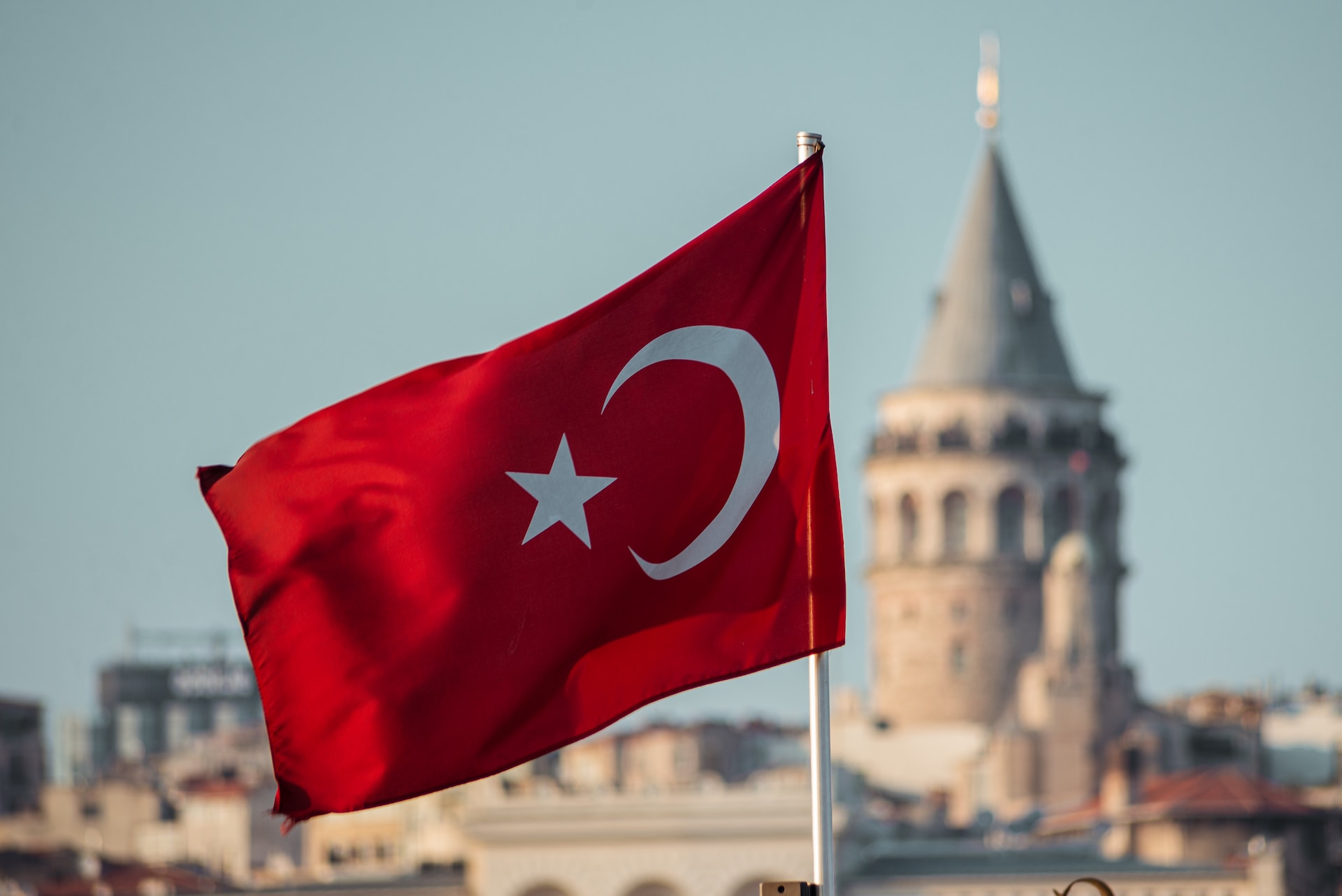Key Insights
- Inflation in Turkey has shot up again to almost 60 percent in August. The local currency, the lira, is coming under pressure again.
- In the fight against the decline in the lira and extreme inflation, the central bank recently raised interest rates twice.
- This means a 180 degree turn in President Recep Tayyip Erdogan’s policies. The financial markets do not yet show any confidence that Erdogan will stick to his new course.
In Turkey, the concerning trend of inflation has picked up pace once more, reaching nearly 60 percent. The latest figures from the TurkStat statistics office, released in Ankara on Monday, reveal that consumer prices surged by 58.9 percent in August.
This marks a significant jump from the previous month, where the inflation rate was almost 48 percent. It’s worth noting that in 2022, inflation had soared to around 85 percent before gradually receding. However, the recent data indicates a worrying resurgence in inflationary pressures.
Why is inflation in Turkey so high?
One of the primary factors contributing to Turkey’s significantly higher inflation rate compared to many other nations is the depreciation of its local currency, the lira. This depreciation has led to increased costs for importing goods into Turkey, subsequently impacting inflation.
Notably, Turkish President Recep Tayyip Erdogan had been a key driver of both inflation and the lira’s decline. He resisted raising interest rates and, at times, even implemented rate cuts. However, following his re-election this spring, he reversed this stance and adopted a different approach.
The government in Ankara had also increased important taxes to finance the costs associated with the severe earthquake and to balance the state budget. Among other things, VAT rose from 18 to 20 percent.
Despite recent significant interest rate increases by the Turkish central bank, the lira exchange rate is again close to historic lows. Experts on the markets explain this primarily with uncertainty about future monetary policy. There is not yet any confidence that Erdogan will stick to his new course.
After his re-election in May, Erdogan filled key positions with experts. The US-trained bank manager Hafize Gaye Erkan became head of the central bank. Long-time Finance Minister Mehmet Şimşek, whom Erdogan replaced with his son-in-law in 2018, returned.
The Central Bank of Turkey has already increased Turkey’s key interest rate significantly from 8.5 to 25 percent in several steps. The lira then rose briefly but has gradually lost its gains since the last interest rate increase in August.
In order to implement his previously “unorthodox” monetary policy, Erdogan had replaced the head of the central bank several times in the past. The Turkish lira is one of the weakest currencies in the world this year, alongside the Russian ruble and the Argentine peso.

